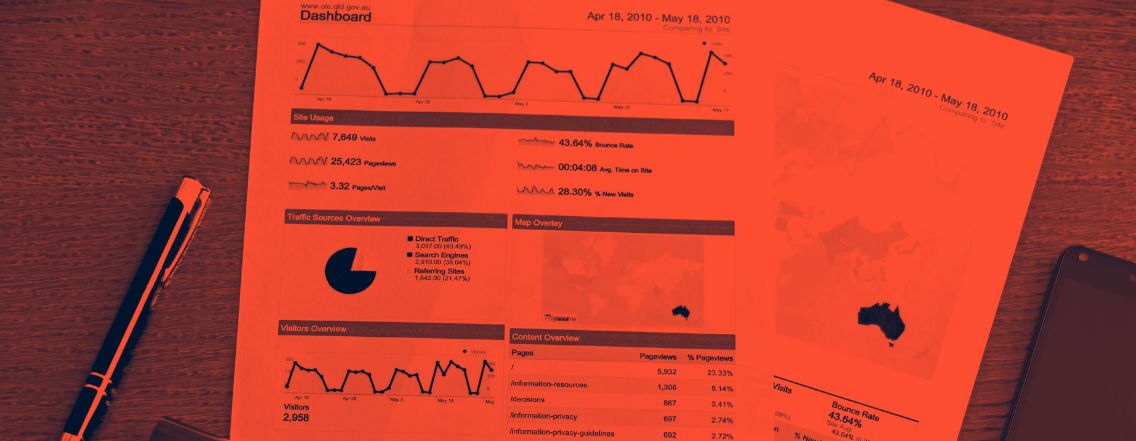SEPA Direct Debit is a payment method that is now fully deployed and operated in the Eurozone countries. It’s a pull-based payment method that allows a Creditor (i.e. a merchant) to directly debit a Debtor (i.e. a consumer) bank account, provided that a valid mandate has been signed by the debtor to allow the merchant to withdraw money on his/her bank account.
Known as Prélèvement bancairein France, Domiciliacion bancaria in Spain, Domiciliation bancaire in Belgium or Elektronisches Lastschriftverfahrenin Germany, it’s a widely spread payment instrument used by millions of Europeans to pay for subscriptions and repeat expenses (taxes, electricity, rent, …).
Table 1. Top 15 EU countries in terms of relative usage of Direct Debit compared to Credit Transfers, Cards and Cheques (Source: ECB – PAYMENT STATISTICS FOR 2013)
So Direct Debit is not a new payment method, and companies, institutions and governments have been using it for decades, with the help of their banks for managing the whole process (mandate collection and archiving, orders preparation and execution).
However, this new SEPA Direct Debit scheme introduced some significant changes to the management process that have become especially challenging for Creditors:
- Creditors are now responsible for whole SEPA mandate management flow (user mandate signature, digitalisation, archiving, unique reference number attribution). It was previously their banks responsibility.
- Creditors have to handle a new interbank communication file format
- Creditors have to deal with a specific SEPA Direct Debit Timeline (different timeframe for “First/one-off” and “Recurring” debits)
- Creditors cash-flow may be impacted by returns and rejects on the debtor side with 2 important deadlines (8 weeks and 13 months)
These challenges are the reason why the transition to SEPA Direct Debit was not an easy step for European Creditors. Answering this challenges is precisely the mission of SLIMPAY: to make SEPA Direct Debit easy and provide a comprehensive recurring payments gateway for European merchants.




